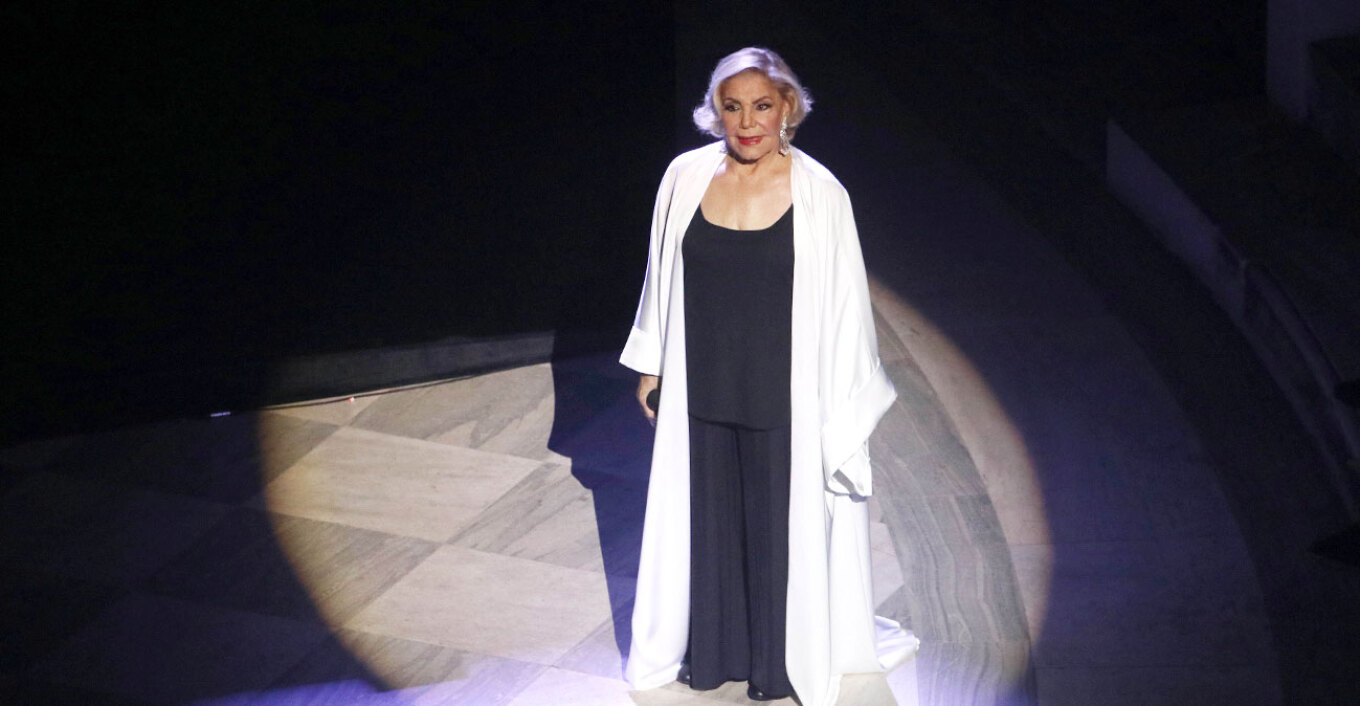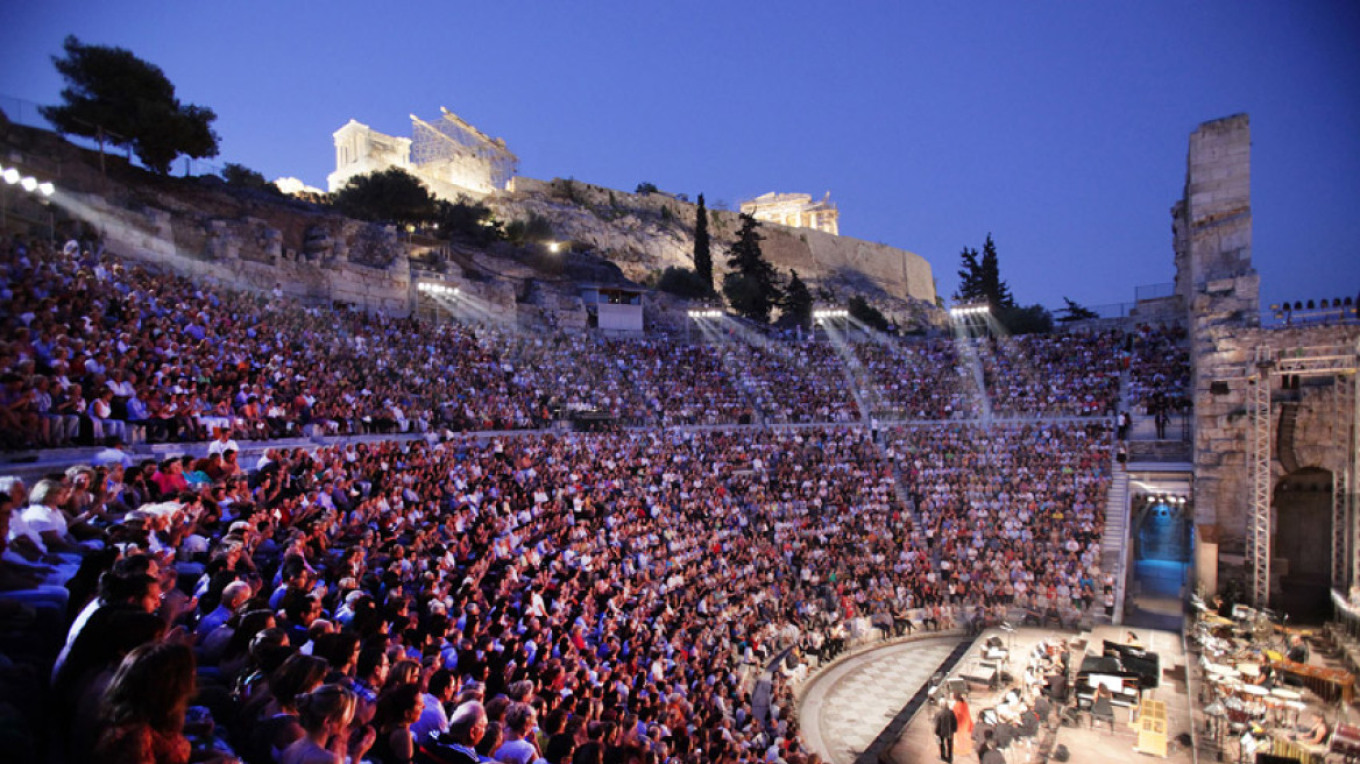In light of the stroke suffered by Marinella on stage at the Herodion the other night, questions have understandably arisen about who is responsible for the health coverage of the audience, artists, and staff during performances held at designated archaeological sites or monuments.
According to current regulations, the Ministry of Culture is required to provide an ambulance, doctor, and nurses to handle emergencies at all accessible archaeological sites and monuments across Greece during the hours they are open to the public.

Specifically regarding the Herodion, which is part of the Acropolis archaeological site, health services are provided by the Ministry of Culture during the site’s public visiting hours, which, during the summer season, run from 8 a.m. to 8 p.m. The cost of these medical services is covered by the ministry through the Cultural Resources Management and Development Organization, with significant support from volunteers of the Hellenic Red Cross.
After the official visiting hours end, for archaeological sites and monuments hosting events, the responsibility for handling medical emergencies falls on the event organizer.
An exception is made for events organized directly by the Ministry of Culture under the “All of Greece is One Culture” program, where large archaeological sites are covered by the ministry, while smaller venues collaborate with the National Emergency Center (EKAV).

The Greek Festival, which hosts numerous events at the Herodion and the Ancient Theater of Epidaurus from June through August, is overseen by the Ministry of Culture and is responsible for ensuring proper medical services in collaboration with EKAV during the audience’s entrance, the event itself, and their exit.
However, during September and the first half of October, the Herodion is rented out to private event producers by the Ministry of Culture, following approval from the Central Archaeological Council (KAS). These private producers are responsible for all services provided, including medical care. Marinella’s concert fell under this category.
The same applies to all events held during the summer months at archaeological sites across Greece.
Ask me anything
Explore related questions





